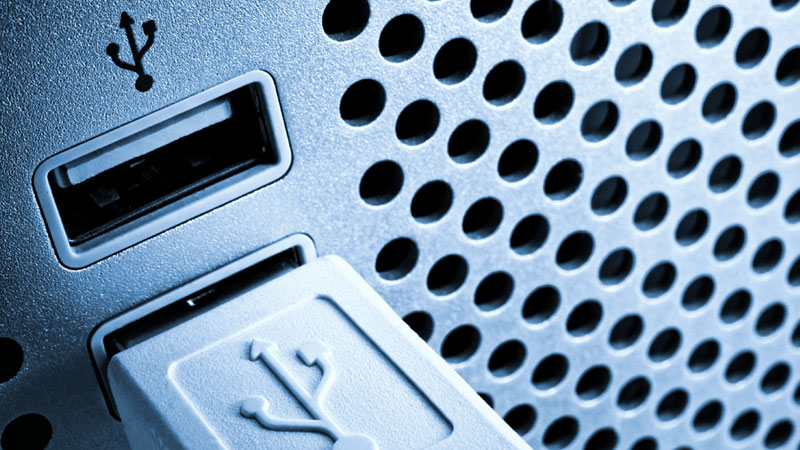Thierry Monteil at the Université Montpellier II in France has an idea that could help increase the adoption of technology across the continent. He’s written a script that will let a bootable USB stick replicate itself onto another stick, without any complex commands or user involvement.
Reasoning that internet access – and thus the ability to download large files, such as operating systems – is a huge obstacle in developing markets, he’s developed this as a quick and efficient workaround that is far more efficient than any internet connection. Monteil’s proposition will almost eliminate the need for a high speed broadband connection to get users up and running. Sure, users will need a computer to start with, but getting software onto a bare PC isn’t easy.
The USB stick in question has an installation of Debian Linux, as well as a free mathematical software package called Sage. The entire setup weighs in at about 2.7GB, which could take more than six hours to download on a basic 1Mbps connection – and there’s likely not that level of luxury when it comes to connectivity out in the sticks.
Users can plug the USB stick into a computer and boot off it, and with a few clicks a transfer can be initiated in which the stick clones itself onto another USB stick inserted in the machine. Only personal information is not copied across, unless anything is stored in a specific shared folder.
Testing his idea out in Burkina Faso, Monteil’s software setup was transferred to 60 participants during a coffee break. He says that the rate at which the installation spread is equivalent to having downloaded everything at 30MB/s – or using a 300Mbps internet connection.
There are flaws, though. The cloning of a stick – itself much like the behaviour of early computer viruses – does mean that somebody who has a working installation could inject malware into the chain. He suggests that the best way to keep things clean is by transferring data between known users, and at a time when nobody has time to modify the software to inject malware.
A smart idea – and one that could bring both Linux and usable software to millions in the developing world, once they get their hands on the right hardware.

